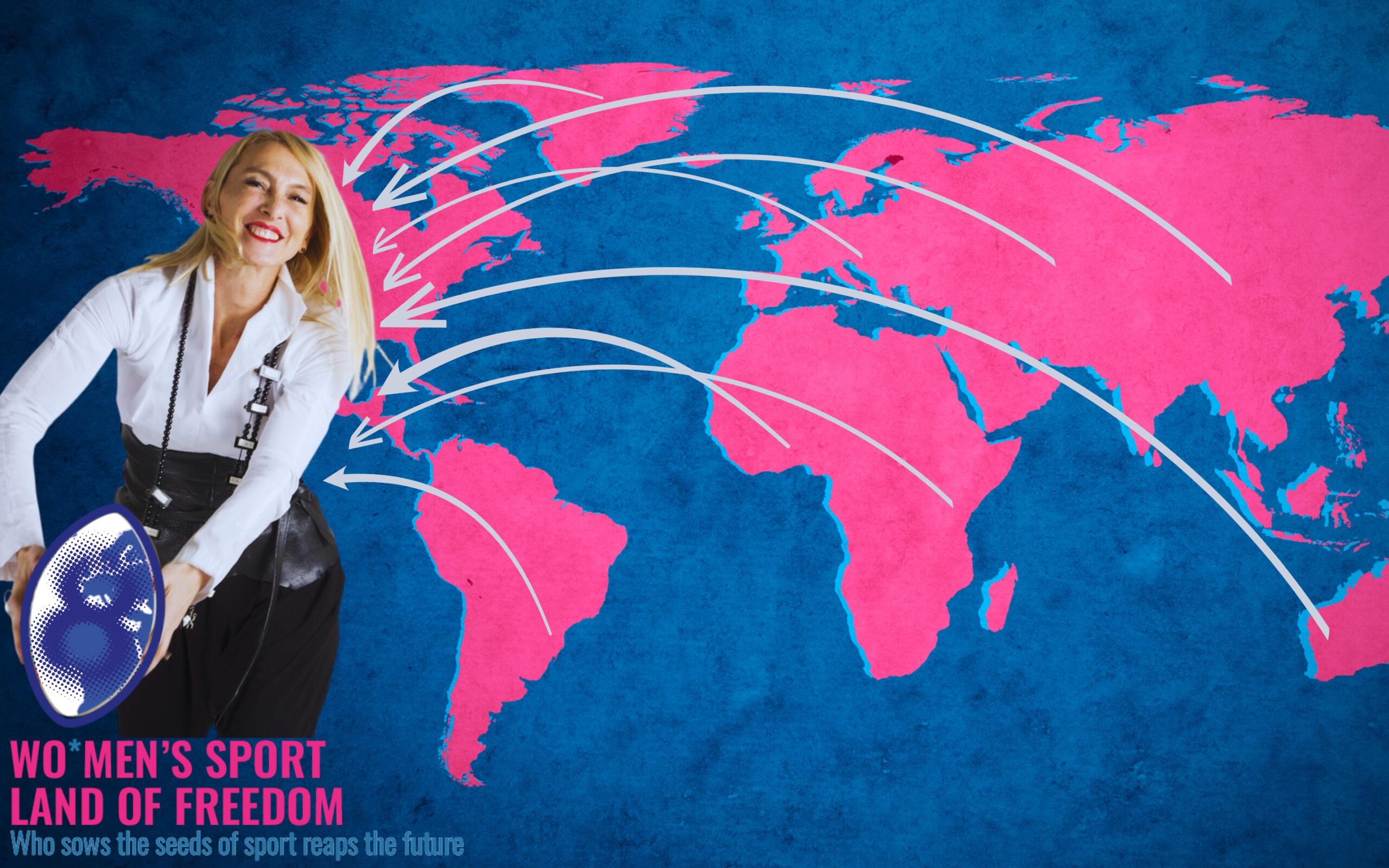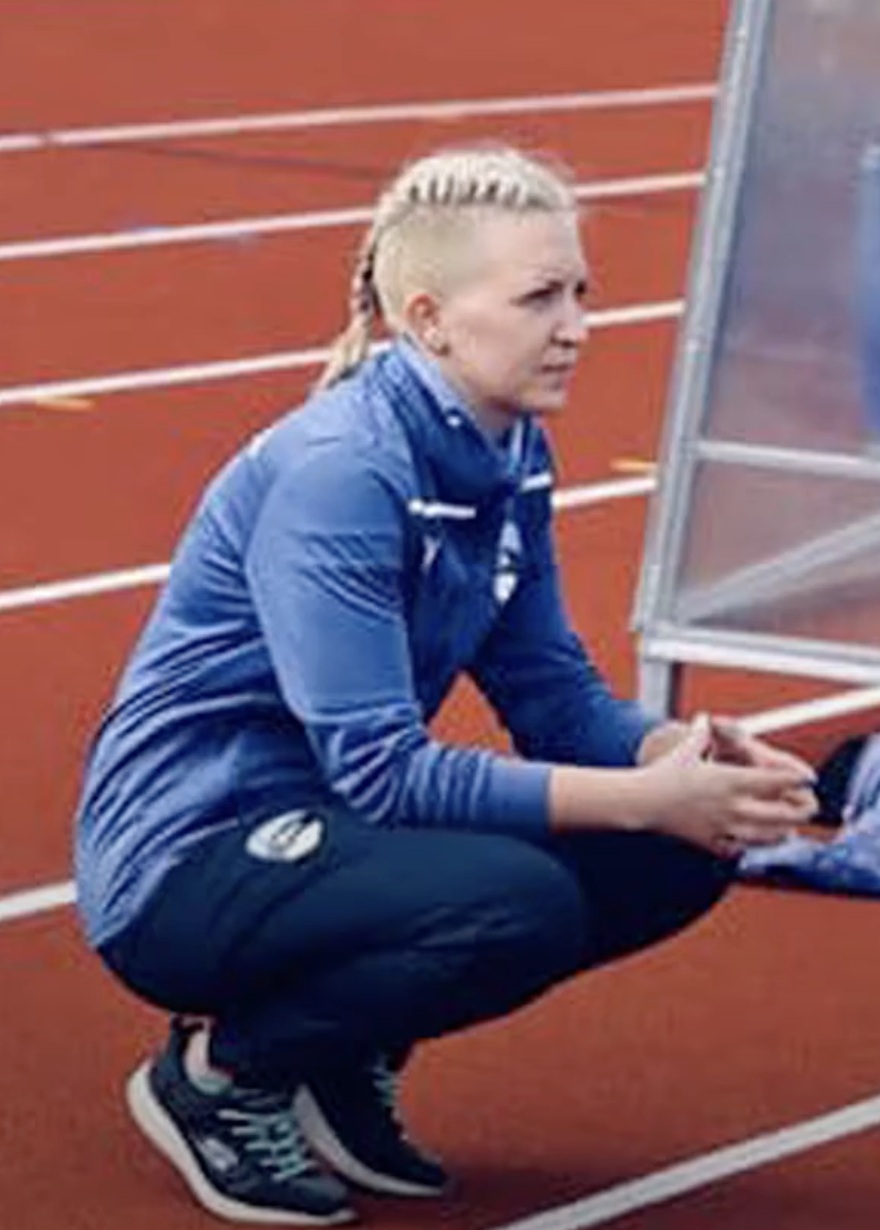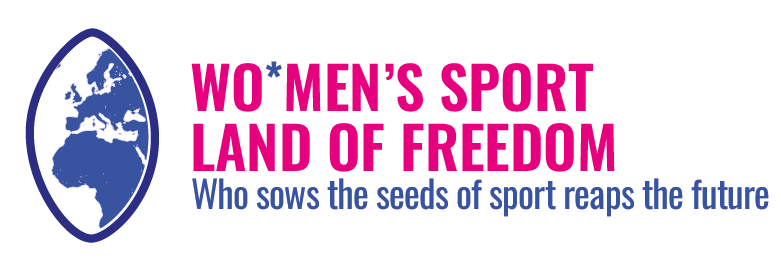
ESTONIA: RUGBY IS SUPPORT; THE GLOBAL RUGBY COMMUNITY ‘WANTS US TO MAKE IT’.”
“Rugby is support; the global rugby community ‘wants us to make it’.”

Thanks to:
Liisi Nisuke
Operational office Estonian Federation
- The history of the women’s movement in Estonia
- Testimonials
- Reading time: 7 minutes
ESTONIA - Find out more
Estonia is a parliamentary republic in Northern Europe with about 1.36 million inhabitants in 2024 and a slight female majority. Women hold 29.8% of parliamentary seats and participate in the labor force at 73.4%, compared to 80.6% of men. The country is considered advanced in terms of gender equality, though pay gaps and underrepresentation of women in some technological and industrial sectors persist.
(SOURCE: data.unwomen.org; World Bank Gender Data Portal; IPU Parline; Statistics Estonia)
HISTORY OF THE COUNTRY
1. When did the women’s rugby movement start in your country and what is its history? How is rugby structured in your country?
Women’s rugby in Estonia is a relatively recent reality. A 2013 article recounts that the first girls began practicing the sport thanks to a project that allowed some of them to train in Wales. It was a fascinating journey that highlighted the desire to import a sporting culture from one of rugby’s most iconic nations.
The first international matches of the Estonian women’s national team took place in sevens format. Their official debut was in June 2022, when the team competed in the Women’s 7s Conference in Belgrade. On that occasion, despite the defeats, the Estonians managed to score a try against Austria, the team that went on to win the tournament – a small but significant success for a newborn team.
Currently, the Estonian movement is mainly focused on sevens rugby, a more accessible format for nations with a smaller player base. Clubs and recruitment: development is driven by clubs such as Kalev RFC, which began recruiting women players. An example is Marleyn-Cristin Kallas, who returned to Estonia after playing in Ireland, bringing experience and motivation. International contribution: the team has benefited from the support of international coaches to develop skills and has participated in Rugby Europe Women’s 7s Conference tournaments, competing against teams like Luxembourg, Malta, and Bulgaria. For example, in June 2024 they lost to Luxembourg (0-41), and in June 2025 they lost to Bulgaria (7-31).
This overall picture shows that, although women’s rugby in Estonia is far from the level of traditional rugby nations, it is a perfect example of how passion and determination can give birth to and grow a sporting movement. Kalev RFC is one of the clubs with an active women’s section, working to expand the game. However, no public, updated data currently provides a precise number of teams engaged in regular competition. The main competitive activity for Estonian women players is participation in international sevens tournaments organized by Rugby Europe, where they unite to represent the country.
2. Do you think playing rugby has a social impact for a woman in your country?
Rugby directly challenges gender stereotypes. We encourage our athletes to express both their physical and mental strength. The sport teaches them to overcome obstacles, work together for a common goal, and develop resilience that carries into every aspect of life. Our players become role models, showing that women can be strong, determined, and successful. Having a women’s national team, even if young and still developing, creates visibility and provides role models for girls and young women.
The story of players like Marleyn-Cristin Kallas, who brought her experience from Ireland to help grow the game in Estonia, shows how individual enthusiasm can have an impact at community level. This encourages others to try the sport and not feel limited by preconceptions.
JOURNEYS THROUGH RUGBY
1. When did you start playing rugby and how you discover it?
I went to the first rugby match in Estonia because a friend invited me. (‚..) I started going to matches. Shortly after, the president invited me to become the “team manager of the men’s national team.”
2. What has rugby taught you that has impacted your daily life? Can you give me an example of when a rugby mindset was useful?
I think they saw how much I loved the game. They realized I wasn’t going to leave, that I was giving my all to help them – carrying the medical bag, the water, preparing the jerseys, all those little details that allow players to focus only on giving their best on the field. Rugby is for everyone: tall, short, fast, strong‚(…) the only thing you need is to be a “good person.” Rugby is support; the global rugby community “wants us to make it.” Estonian rugby often feels like “reinventing the wheel”: every team, every project is something new. We manage on our own. Even in our national team, we have players from Georgia, Spain, and other countries. Everyone is free to “express themselves.” We may not always agree on everything, but “we respect each other.”
3. Can you give me 3 words that connect rugby to freedom?
Expression: Everyone is free to express themselves.
Respect: “We respect each other.”
Acceptance: The song “Demons” is about accepting each other.
4. What does live in a land of freedom mean to you?
I’ve lived my whole life in “free Estonia,” so I don’t know any other reality. For me, it is normal that a woman is the team manager of the men’s national team. “Freedom means” I can shave half my head and no one judges me for it.
5. What object represents you and why? What is an aphorism that guides your life?
I have a “rugby ball-shaped keychain” attached to my car keys, always with me. And I have a “gift from Rugby Europe” on my desk – a daily reminder that, even though we are small, “we are not alone.” Both are symbols of identity, belonging, and daily motivation.
